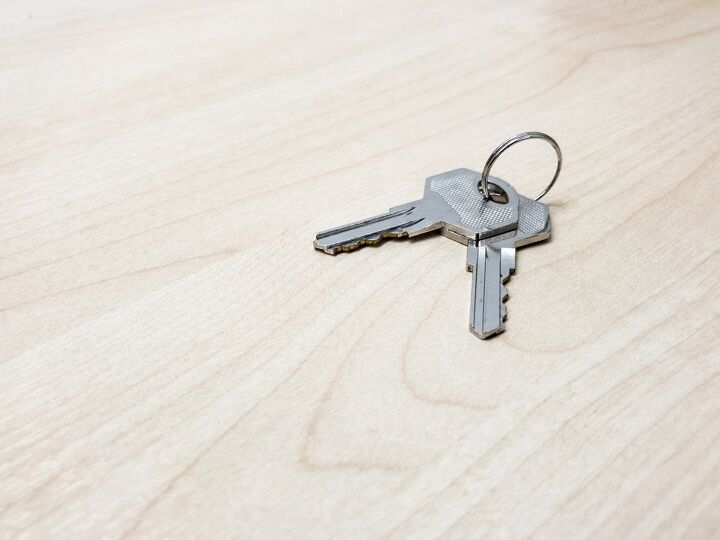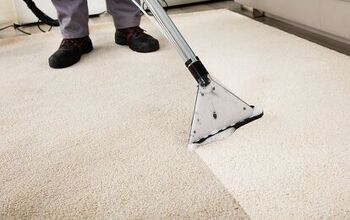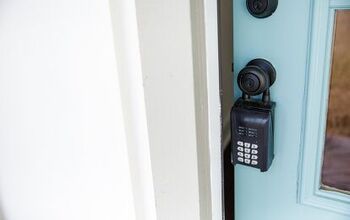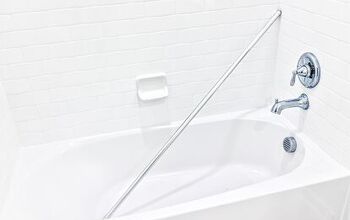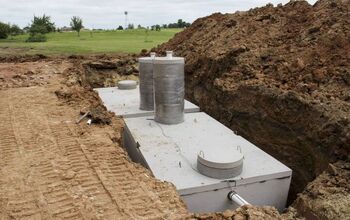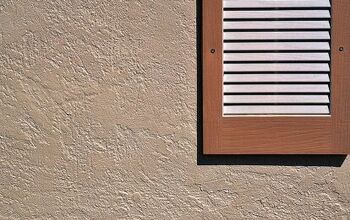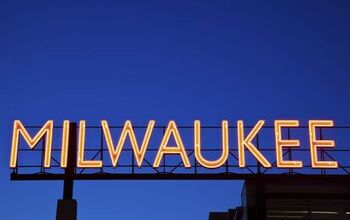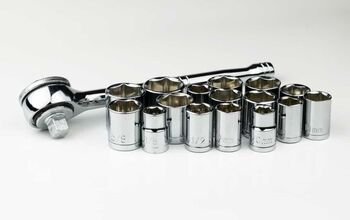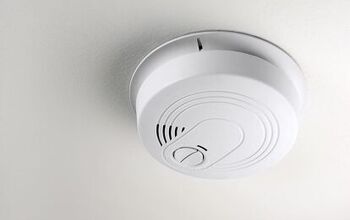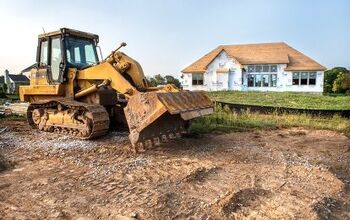Can A Landlord Have A Spare Key? (Find Out Now!)

It can be challenging to figure out what rights landlords and tenants have when it comes to spare keys. For some renters, it can be disconcerting to think that their landlord could potentially enter their home at any time. So is it legal and acceptable for a landlord to have a spare key to their rental property?
Yes, it’s legal for landlords to keep spare keys so they can enter the property in case of an emergency. Other reasons for landlords to have spare keys are regular maintenance, inspections, and letting in tenants who are locked out. Still, landlords generally cannot enter their rental properties without providing advance notice to their tenants.
In this article, we’ll cover the legality of landlords having spare keys and whether this means they can enter anytime. We’ll also discuss why landlords need spare keys, as well as some general key rules for renters.
Do You Need to Hire a Locksmith?
Get free, zero-commitment quotes from pro contractors near you.

Is It Legal For Landlords To Have Spare Keys?
Yes, it is legal for landlords to have spare keys to their rental properties. There are no laws prohibiting landlords from keeping spare or extra keys. In fact, landlords almost always keep a spare key to each of their rental units.
Does This Mean My Landlord Can Enter My Property Anytime?
While your landlord has some rights to enter the property, they don’t have a general right to do so. Civil Code Section 1950.4 explains that landlords are only allowed to enter for specific reasons. These reasons include responding to an emergency or making repairs.
Unless your landlord has a court order or an emergency is taking place, landlords must generally provide written notice. In most cases, the notice needs to be given 24 hours ahead of time. Landlords are also expected to only enter during normal business hours.
Let’s say that your landlord has a specific reason to enter, provides notice, and arrives during normal business hours. As long as they have complied with these requirements, they can enter the property even if you are not home. This is one reason why they’re permitted to have a spare key.
General Rules Regarding Landlords Entering Rental PropertiesIn general, landlords are permitted to enter their rental properties at a reasonable time and in a reasonable manner. Inspections typically require 24 hours’ notice, while improvements and repairs require a week’s notice. Meanwhile, true emergencies like flooding and fires do not require advance notice.
Tenants should note that these rules hold true in most cases, but can vary depending on local laws and regulations.
Why Would A Landlord Need A Spare Key?
There are multiple reasons why a landlord might need to keep a spare key to their rental properties.
Emergency
The first and most obvious reason that landlords might keep an extra key is in case of an emergency. If the property is flooded, on fire, or in another state of emergency, the landlord may need to get inside. If the tenant isn’t home, then the landlord will need a spare key to enter.
Letting In Tenants Who Have Lost Their Keys
It’s pretty common for tenants to get locked out due to misplacing their keys. A landlord can use their spare key to let tenants into the property. They can then copy the spare key to replace the one that was lost.
Routine Maintenance
There may be a time when a repair person needs to stop by the property. But what if the tenant is at work or otherwise can’t let them in? This is another situation in which a landlord’s spare key would come in handy.
Showing The Property
Once you’ve informed your landlord that you’ll be moving out, they’ll need to show the property to other interested parties. If you’re not home at the time, they’ll need to have a key to let themselves and potential renters inside. Landlords are generally required to let you know ahead of time if they’ll be showing the property.
Can A Landlord Provide An Extra Key If I Lose Mine?
In most cases, your landlord should be able to provide you with an extra key. They’ll usually charge you a fee for a replacement key.
In some cases, though, it will be necessary to call a locksmith if you lose your key. Generally, the locksmith will need to get the landlord’s permission to change the locks.
Either you or your landlord may be responsible for the expenses associated with changing the lock. Who needs to pay for this service is usually spelled out in the lease.
Most tenants make copies of their keys to avoid this problem. As long as your lease doesn’t prohibit copies of the keys, then it’s within your legal rights to do so.
Are There Landlords That Don’t Keep Spare Keys?
Some landlords avoid keeping extra keys. This is usually because they don’t want their tenants to accuse them of entering the property without their knowledge.
Alleged unauthorized access to their rental property can come with liability in the form of property theft and other issues. Therefore, it’s easy to understand why some landlords find it better not to keep spare keys.
Can Tenants Legally Change The Locks At A Rental Property?
Whether you can change the locks at a rental property depends on your lease. Most leases say that if the tenant changes the locks, the landlord can fine them or evict them. They can also change the locks again and take funds from the security deposit to cover the costs.
What Are The General Key Rules For Renters?
As a renter, here are some tips and general rules regarding keys.
Make A Copy
If your lease doesn’t prevent it, make a copy (or a few) of your key. This way, you’ll be able to enter the property even if you lose the original key. Don’t copy any keys that say “Do Not Replicate.”
Return All Keys When Moving Out
On the day you move out, be sure to return all of your keys to your landlord. This includes not just your front door key, but also your mailbox key and any others you may have.
Don’t Hand Out Too Many Spare Keys
Don’t give out spare keys to too many people. Choose just one or two trusted friends or family members to hold on to your spare keys.
Don’t Turn In Keys Before Your Lease Is Up
Wait until you’re completely moved out and will not need to return to the property before turning in your keys.
Don’t Hide Your Key In An Obvious Location
Avoid hiding your key under the doormat or in a hide-a-key rock. These locations are simply too obvious and allow anyone to enter the property.
Don’t Turn In Keys Late
Turning in keys after the lease has ended can result in you losing out on some of your security deposit. Therefore, make sure to turn them in on time!
Do You Need to Hire a Locksmith?
Get free, zero-commitment quotes from pro contractors near you.

Related Questions
Can a landlord have a mailbox key?
Since the landlord owns the property the mailbox is assigned to, they can have a key to the mailbox. However, this does not mean your landlord can go through your mail. It is always illegal to open mail that is not addressed to you.
Can a landlord have cameras in the house?
Landlords are not allowed to have cameras inside a home to track their renter’s personal life. They’re required to respect the tenant’s right to privacy in their home.
In the case of an apartment building, landlords can install cameras in common areas. These could include shared entryways, hallways, and laundry rooms. Cameras inside living spaces or pointed directly at tenants’ doors are not permitted.
Can a landlord enter property without notice?
Landlords may or may not be allowed to enter a property without notice, depending on the local laws and regulations. In most cases, though, landlords are required to provide some form of advance notice before entering the property.

With a lifelong passion for writing plus strong enthusiasm for home improvement and DIY projects, joining the team at Upgraded Home was an easy choice. Jessica Allen likes to share helpful information with current and aspiring homeowners. Aside from writing, Jessica loves doing yoga, playing the piano, and dabbling in graphic design.
More by Jessica Allen



